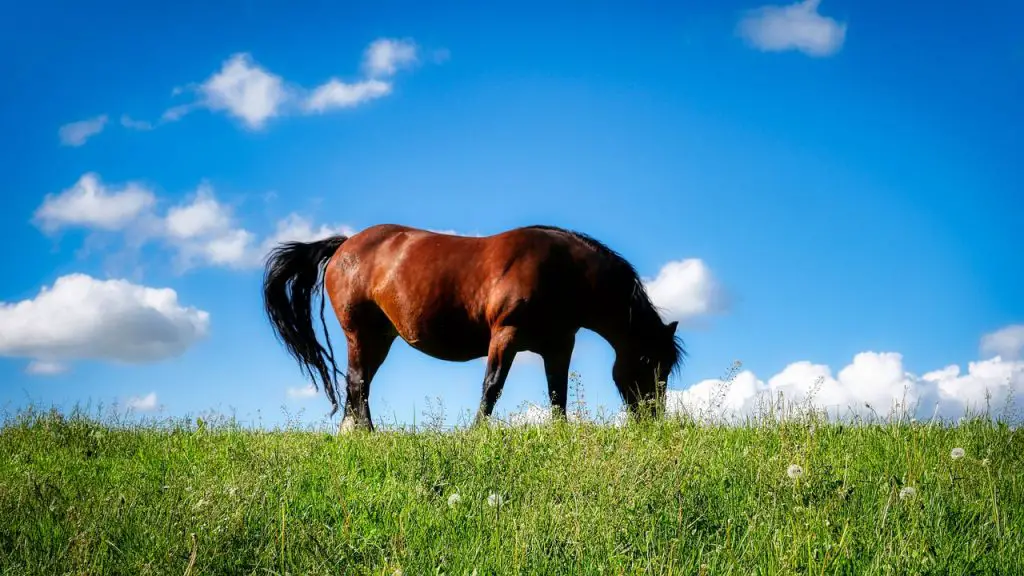Last Updated on February 25, 2022 by Allison Price
How Valerian Works is conceived
Valerian may interact with gamma-amino-butyric acid, which is a chemical messenger that regulates nerve impulses in brain. Research has shown that low GABA levels can result from chronic or acute stress. The valerian root’s valerenic acid might reduce GABA degradation, leading to feelings of calmness. Neurologic compounds valerian stimulates may also affect parts of the brain that process fear or strong emotional responses to stress.

Some studies have shown valerian has a positive effect on anxiety symptoms. Others, however, show no such effects. Research has examined the effects of valerian on stress levels in humans. Some reported a reduction in blood pressure and heart beat before stress tests. There were also signs that valerian may cause stress symptoms to worsen at higher doses. Researchers have yet to find a consistent effective dose, and some patients have complained of side effects like dizziness, headaches, stomach problems, and dizziness.
Horse Supplements with Valerian
Horse supplements containing valerian pose the same problems. I’m aware that many products contain anywhere from 36 to 2,500 mgs of valerian root powder per dosage. This is clearly a significant difference. We don’t know the horse’s optimal dose, and there is significant variability between valerian root sources. This can also impact efficacy.
You might need to give it at least one week before you notice any noticeable changes.
Most people give calming supplements to horses who are hypersensitive, anxious, scared, or on edge under saddle . These supplements may help calm horses around the barn but it’s not guaranteed that they will have the same effect when horses are exposed to stressful stimuli or under saddle.
Take care
For riders who compete, it is important to remember that most competitive associations and organizations consider valerian to be a banned substance.
There are some side effects that Valerian can cause. Horses with kidney problems should not receive it. It can also interact with other medications. Before giving valerian to horses, consult your veterinarian, especially if they are taking other medications.


